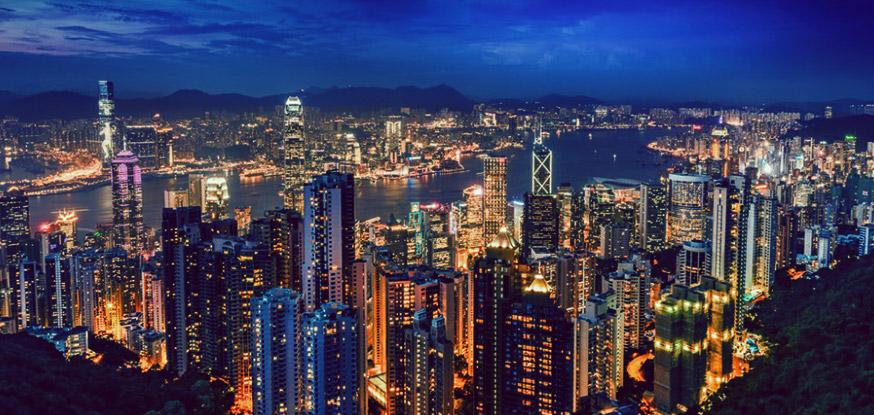The smart city sector continues to expand exponentially and analysts have projected that it will hit $775 billion by 2021, following the announcement that more than 600 cities are set to go 'smart' in the next few years.
According to BCC Research, the number of smart cities has grown from around two dozen to over 100 in the last number of years. However, with the news that 600 cities are now preparing themselves to go 'smart' it is set to cause a tsunami in the smart city sector.
BCC analyst, Michael Sullivan declared that the smart city industry is one of the fastest and largest growing markets in the world, and has predicted that it will continue to expand over the forthcoming years. Sullivan said, "This is a large and growing market. There are currently around 100 smart city projects, and we think in a short period of time that will expand to roughly 10-13% of medium to large cities. We see about 5,000 cities of that size and 600 will go to smart city technology in the fairly near term."
The increased interest in smart cities has continued to intensify, with the convergence of information and communications technology, especially surrounding connectivity and analytics software and hardware. In addition to this, Internet of Things, smart sensors and analytic platforms have also been established as cities attempt to execute technologies and services aimed to improve the lives of its residents.
However, some cities are facing economic strain due to the fact that it doesn't have the financial resources to deploy smart city technologies. Sullivan highlighted that the concept of sustainability and the creation of safer cities were ultimately driving smart city technology.
Sullivan said: "The safe city concept is unifying a lot of these initiatives. Video surveillance, gunshot detection technology, body cameras on police officers, and using big data to send emergency responders to the scene faster are all part of smart city technology that makes citizens safer. We see really arming the first responders with more data so that they can have a lot more information when they get to the scene. It compresses the amount of time it takes to respond and have the right treatment for what's going on in the environment. They're cutting out the time delay and time lag to get to these events."
Sullivan added that evidence suggests that terror threats are also being handled in a much more efficient way with first responders now having access to more information. One other key factor in the move towards 'smart cities', is the environmental factor - the political storm around climate change continues to brew.
Sullivan concluded by saying: "If anything, there is a bit of a maelstrom around the environmental issues right now. It was beginning to lag and along came Trump and he reinvigorated the market in spite of, or to spite the government, because there are herculean stakes."

